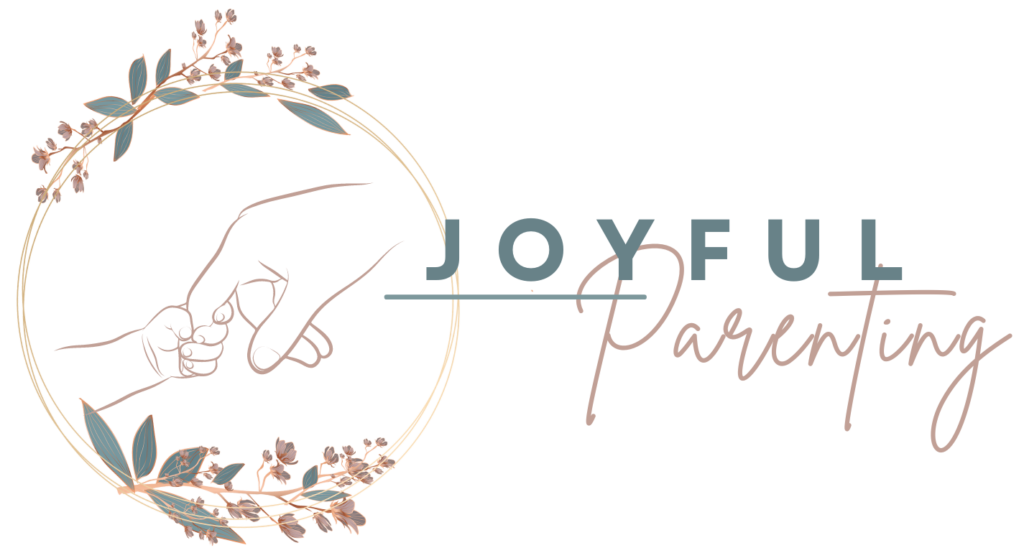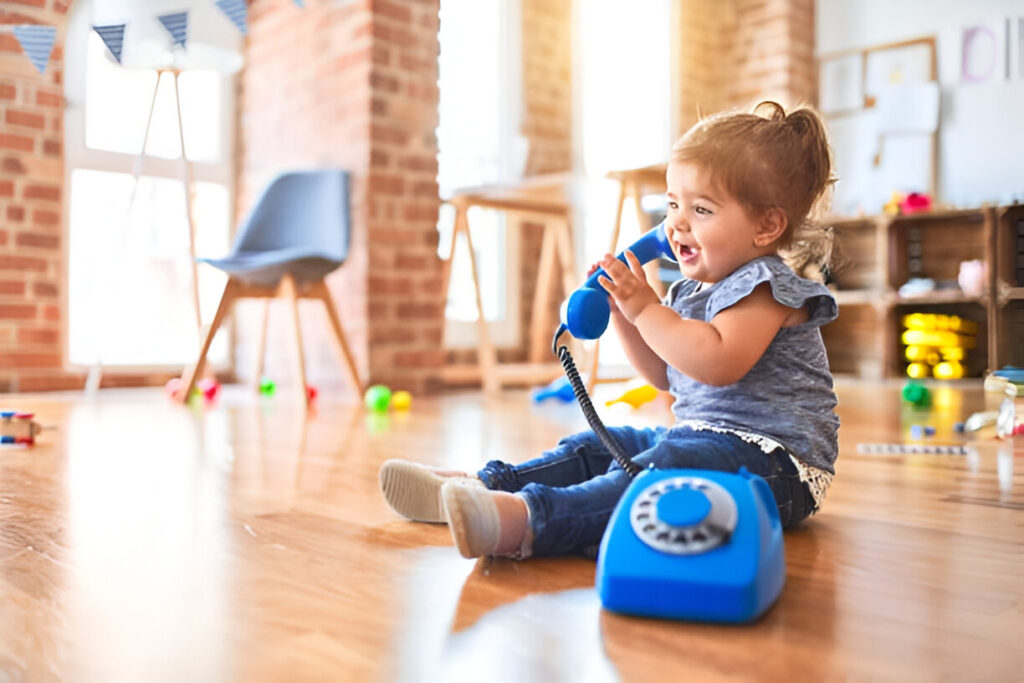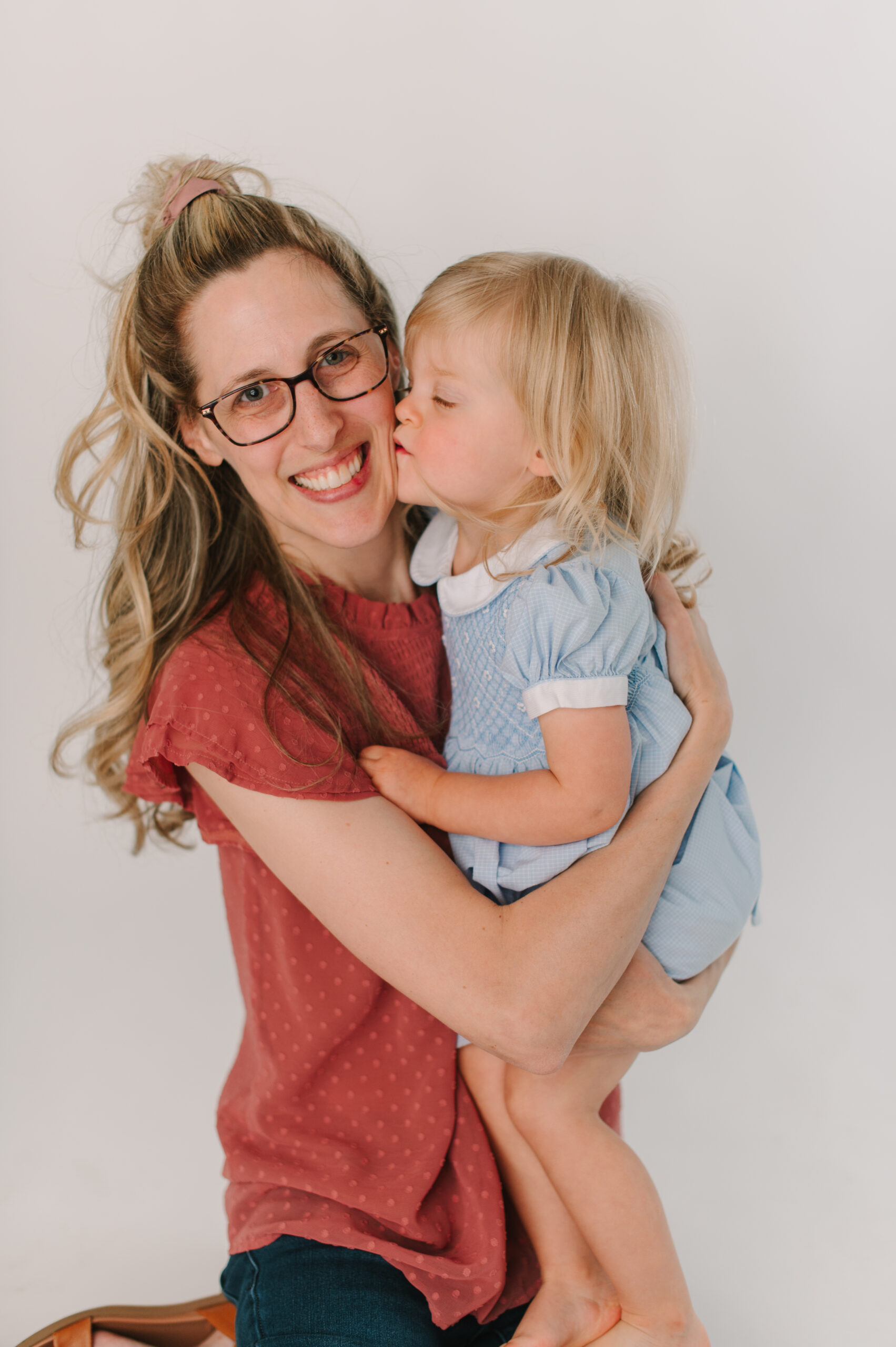As parents, we all dream of our children showering us with love and affection. So, when your toddler unexpectedly utters those heart-wrenching words, “I don’t love you,” it can feel like a dagger to the heart. But before you let those words consume you, take a breath. It’s essential to remember that toddlers are still learning about emotions and the power of their words. Here’s how you can navigate this challenging situation with love and understanding:
- Stay Calm: It’s natural to feel hurt or upset when your toddler says they don’t love you, but it’s crucial not to react impulsively. Take a moment to compose yourself before responding.
- Validate Their Feelings: Acknowledge your child’s emotions without judgment. You might say, “It sounds like you’re feeling upset right now,” or “It’s okay to have big feelings.”
- Offer Reassurance: Remind your toddler that your love for them is unconditional. Say something like, “Even if you’re feeling mad at me right now, I will always love you.”
- Explore the Source: Try to understand why your toddler said those words. Were they upset about something specific, or are they experimenting with language and emotions? Gentle probing can provide insights into their feelings.
- Model Love and Kindness: Demonstrate love and empathy through your actions. Give hugs, offer comfort, and show patience. Your toddler learns how to express emotions by observing how you handle them.
- Encourage Positive Communication: Teach your toddler healthy ways to express their feelings. Encourage them to use “I feel” statements instead of hurtful words like “I don’t love you.”
- Focus on Connection: Strengthen your bond through quality time together. Engage in activities your child enjoys and make meaningful connections that reinforce your love and support.
- Be Patient and Persistent: Changing behavior takes time. Don’t expect immediate results, but continue to demonstrate love and understanding consistently.
- Seek Support if Needed: If you’re struggling to cope with your child’s words or behavior, don’t hesitate to seek support from friends, family, or a professional counselor.
- Celebrate Progress: Acknowledge and celebrate small victories along the way. Every positive interaction reinforces your bond and helps your child learn to express love and empathy.
Remember, your toddler’s declaration of not loving you is likely just a phase in their emotional development. With patience, understanding, and unconditional love, you can navigate through this challenging moment and emerge with a stronger, more resilient connection with your child.





